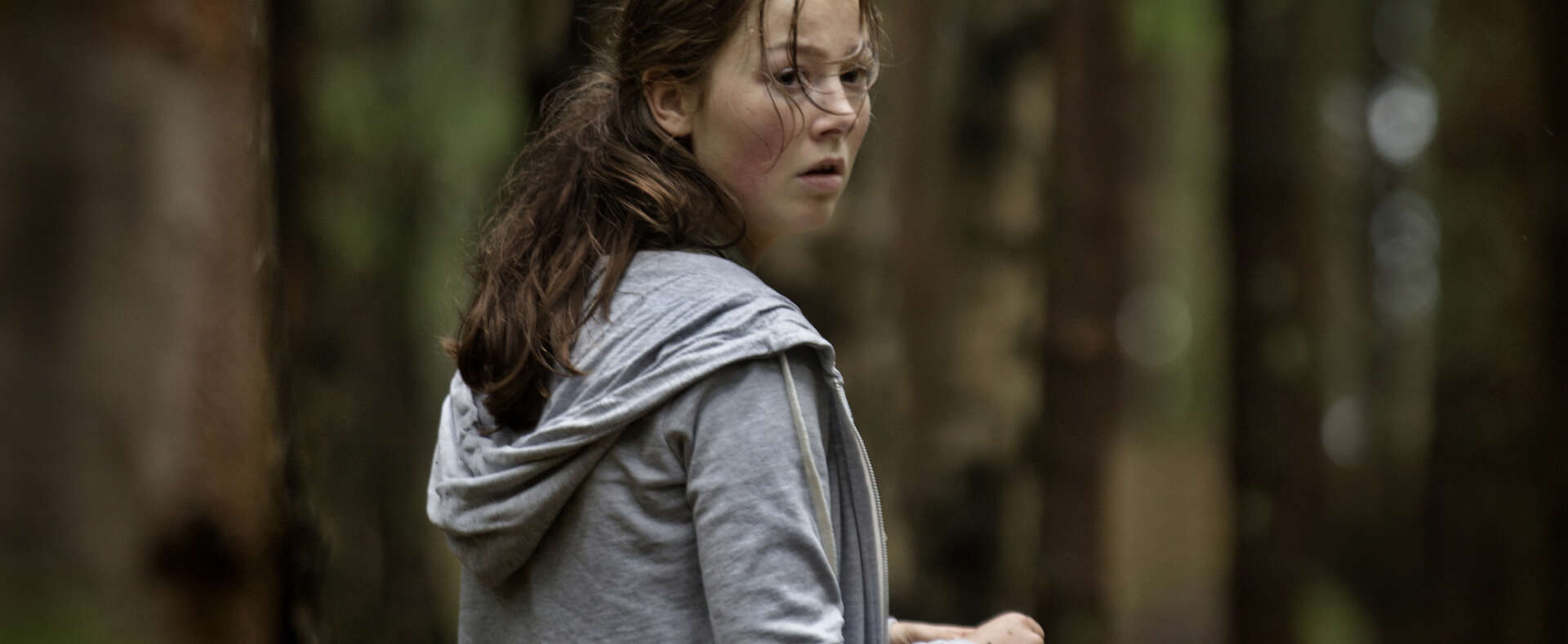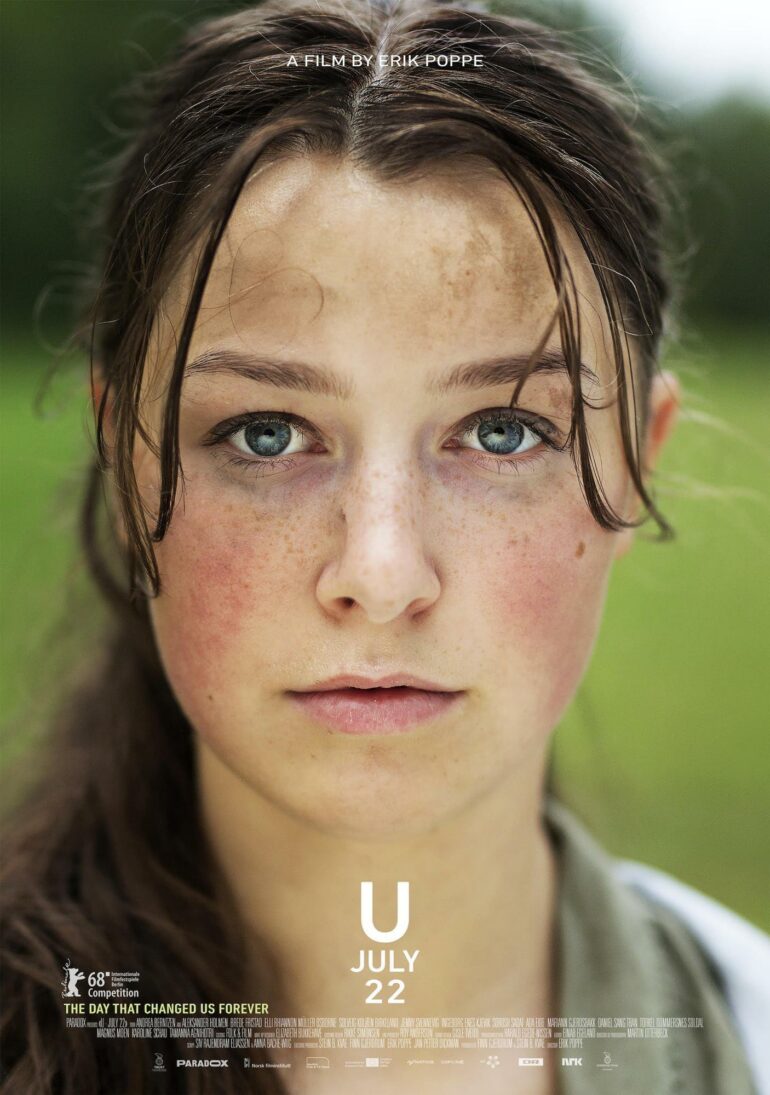WRITTEN BY: Annika Pham
Ahead of its world premiere today in official competition at the Berlinale Norwegian director spoke to us about his feature drama U-July 22.

Ahead of its world premiere today in official competition at the Berlinale Norwegian director spoke to us about his feature drama U-July 22.
Poppe’s drama is the first fiction film about the terrorist attack in Oslo and at a youth summer camp on Utøya island that claimed 77 lives. The film follows an 18 year-old girl and her friends as they try to survive minute-by-minute.
Why did you decide to bring the highly sensitive subject of the Utøya massacre to the screens and why now?
Erik Poppe: Basically, back home, there has been a lot of discussions on various aspects of July 22, 2011, technical matters like the reconstruction of the government building in Oslo that was destroyed, where to have the victims memorial, and the perpetrator of the massacre has taken many opportunities to get media attention, by complaining about his life in prison etc.
This has taken the focus away from what really happened that day. We need to get the ownership of these events back to the victims. Therefore I wanted to tell the story from the point of view of the youngsters who survived, and the relatives. Some people have said it’s too early to show it, but others said: when is the right time then? If we wait for everyone to agree, it will be too late!
Another important aspect is the way neo-fascism has gained supporters across Europe over recent years. I believe it’s really important to show that this massacre has happened and can happen again. We need to be reminded of it to stand up against it. As a filmmaker, an artist, it’s my task to bring up this subject that concerns me and should concern many of us.
Why choose fiction and not factual filmmaking?
EP: Basically, documentary filmmaking can tell one or selected stories, but fiction, based on thorough research and interviews (that I did with more than 20 youngsters) can be more truthful to the incidents and tell a story that will resonate to more people.
Considering the complex ethical boundaries inherent to the project, what did you decide to tell, or rather what did you decide NOT to tell?
EP: For me it was important to describe the story from the perspective of the young people, the victims, not the terrorist. At the outset, I thought: is it really possible to turn this story into a cinematic form? I spent almost two years trying to figure out how to tell it. At the end, I decided it is important to show the victims and bring the audience into the reality of what those youngsters experienced on that day in Utøya. Many books have tried to explain it but words can’t explain and show the way a movie, images can.
The interesting element is that I screened the film to the police department and investigators who worked with the case. They thought they knew everything, but when they saw the film, they felt it gave them a fuller understanding of what happened then. That’s the power of a movie.
Were you inspired by Palme d'or winner Gus van Sant who chose a kind of still-photography aesthetic and simple recording of the events as they unfold in his powerful Columbine-massacre inspired movie Elephant?
EP: Elephants intercuts between the shooter and the young victims. Of course, it describes a similar massacre, but I wanted to follow the youngsters, especially try to capture the 72 minutes that it took for the terrorist to do the attack. By following the kids, and in particular one girl, Kaja 18 (a fictional character built on recollections from different people), I wanted to be faithful all the time to the youngsters’ point of view.
How was the casting process and directing of all the youngsters and in particular your collaboration with newcomer Andrea Berntzen who plays Kaja?
EP: All youngsters are non-professionals. To make the project happen, I needed to protect it entirely from media attention. Therefore I felt I had to keep a low profile and when I did the casting, I didn’t tell anyone what the film was about; I only told the youngster when I had decided on the cast.
Did any of them refuse to do it then?
EP: No. I asked them all to discuss the project with their parents to get their support, and advised them to really take their time to think about the topic and their parts. Eventually, they all agreed to do it. I feel so lucky because it’s an astonishing group of young people and Andrea Berntzen is awesome! She carries the film on her shoulders and is amazing!
Did you film at Utøya island?
EP: No we shot in a small island next to it for ethical reason, so that people would not identify too much with the characters.
You've organised several private screenings with the relatives of the victims and survivors. How did they react to the film?
EP: The preview screenings worked really well. A lot of people were initially concerned that the film would ‘commercialise’ the story, they were sceptical and angry at the project. But after the previews, most people felt it was honest and are now supporting the film and some of the young survivors are ambassadors for the film. Of course, other people still don’t want to see it, or will see it later, but everyone has a much more positive attitude towards the film. It’s important for everyone to be reminded what happened.
How does it feel to be in competition in Berlin?
EP: I have mixed feelings. It’s a great honour to be in competition, and I’m so proud for everyone involved of what we’ve achieved, but in a way, it’s not my story. The film belongs to the victims and the survivors of this horrendous political attack.
